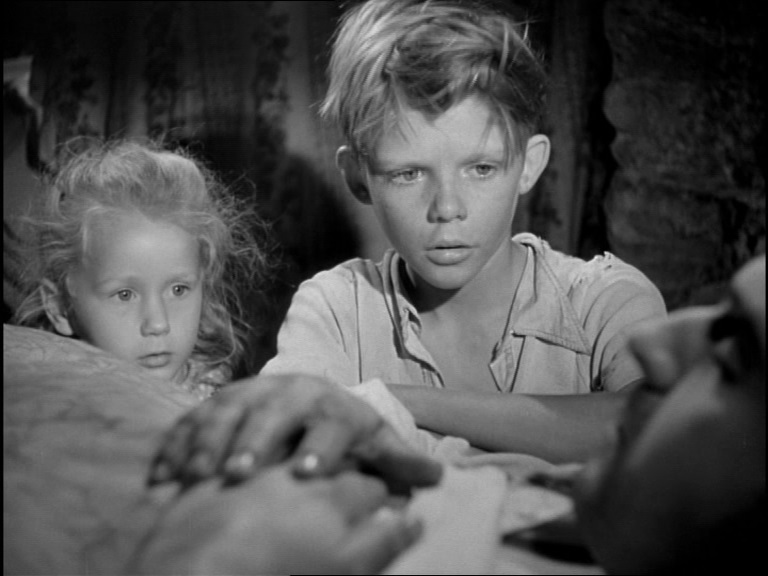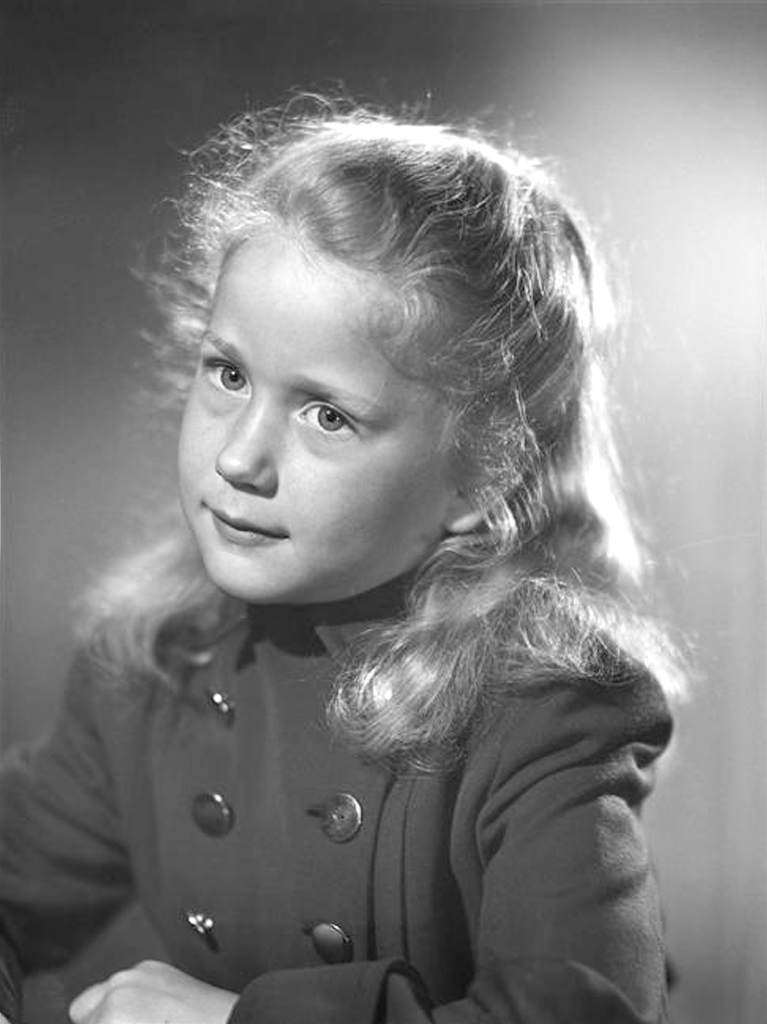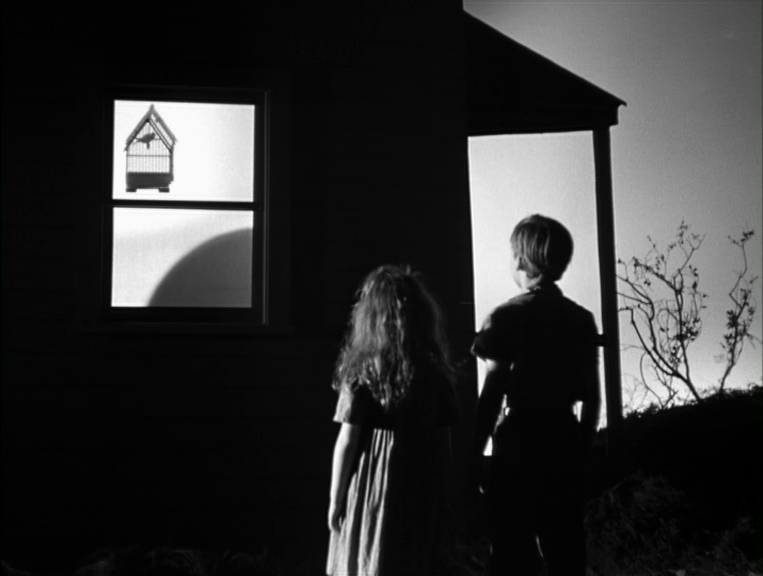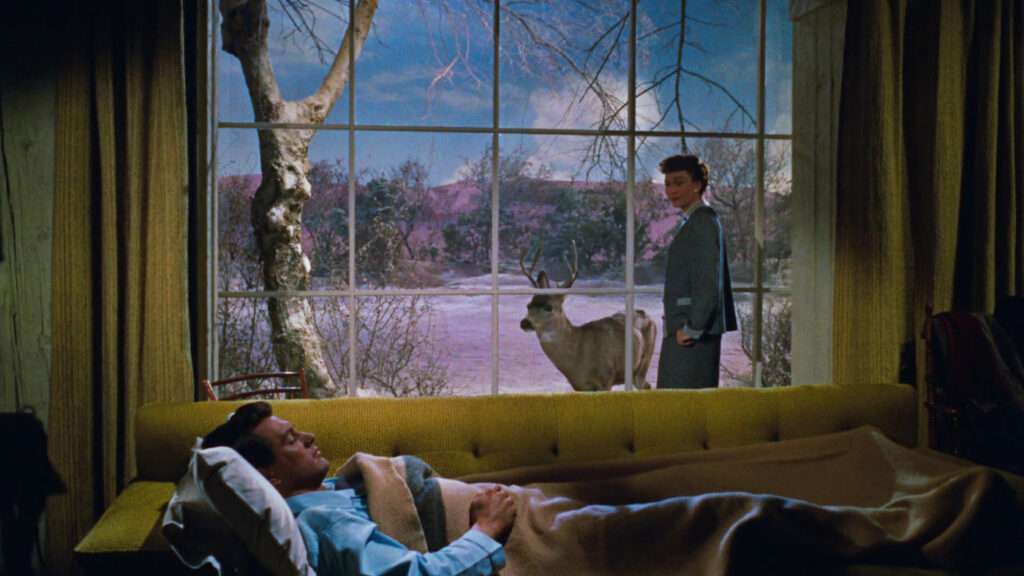As a cinephile, I have witnessed numerous movies, each with its own distinctive charm and impact. However, not many have struck me as profoundly as “Jeux Interdits” (“Forbidden Games”), a French film released in 1952. Directed by René Clément, this cinematic powerhouse stands the test of time, touching the hearts of people everywhere with its poignant narrative, masterful direction, and unforgettable performances. In this article, we will delve into the reasons behind the enduring beauty and emotional resonance of “Jeux Interdits.”
“Jeux Interdits” transports us to France during World War II, exploring the themes of loss, grief, and innocence in the midst of chaos. The story revolves around a young girl named Paulette (Brigitte Fossey) and a boy named Michel (Georges Poujouly). After an air attack on a bridge, Paulette loses both her parents and her dog. In search for a place to give her dog a proper burial, she has an encounter with farmers boy called Michel. They find solace in each other’s company, forming an unlikely bond in the backdrop of war-ravaged countryside. Their innocent minds lead them to create a makeshift pet cemetery, a place where they can mourn and seek solace amidst the horrors surrounding them. Through this poignant narrative, Clément highlights the stark contrast between the purity of childhood innocence and the brutal reality of war, making “Jeux Interdits” a profoundly moving cinematic experience.

Visual Splendor
The beauty of “Jeux Interdits” lies not only in its narrative but also in its visually stunning cinematography. Clément employs a remarkable blend of natural landscapes and evocative shots to underscore the emotional impact of the characters’ experiences. The black-and-white cinematography enhances the film’s somber tone, capturing the desolation and devastation of war. Clément’s attention to detail and mastery of framing result in breathtakingly beautiful and powerful visuals, effortlessly highlighting the contrast between the innocence of the children and the grim reality they face.
Unforgettable Performances
Brigitte Fossey and Georges Poujouly deliver extraordinary performances that touch our hearts and render most of us in a very emotional state. I can honstely say that after watching the film, I was an emotional mess. Fossey, at the tender age of six during filming, astounds with her portrayal of Paulette. Her innocence, vulnerability, and profound understanding of grief are heartbreaking and deeply authentic. Poujouly, too, showcases remarkable talent, transforming Michel into a complex character who bears the burden of tragedy while still maintaining a childlike curiosity and spirit. Together, Fossey and Poujouly create a mesmerizing on-screen chemistry, making the audience invested in their emotional journey throughout the film.

Emotional Resonance
One of the most powerful aspects of “Jeux Interdits” is its ability to resonate emotionally with audiences of all generations. The film’s exploration of death, loss, and the resilience of the human spirit taps into universal truths that transcend time and place. Clément’s sensitive direction and the engaging performances of the child actors enable viewers to empathize deeply with the characters, evoking a range of emotions from sadness to hope. This emotional resonance persists days and weeks after the film ends, ensuring that “Jeux Interdits” holds a place in the hearts of those lucky enough to experience its beauty.
Legacy and Influence
Since its release, “Jeux Interdits” has garnered critical acclaim. The film received the Honorary Academy Award, which would translate to Best Foreign Language Film in 1953, solidifying its place in cinematic history. It was also nominated for Best Screenplay. In Venice, it received the Golden Lion, one of the world’s most prestigious film awards. Furthermore, “Jeux Interdits” has inspired many filmmakers, influencing subsequent generations of artists who continue to explore the themes of innocence, war, and grief in their own works.

Conclusion
“Jeux Interdits” stands as a testament to the enduring power of cinema to touch our souls, regardless of time or trends. Its timeless narrative, visually enchanting cinematography, unforgettable performances, and emotional resonance make it one of the most beautiful films ever made. René Clément’s masterpiece serves as a poignant reminder of the importance of preserving innocence and humanity amidst the darkest periods of our history. If you have yet to experience this cinematic gem, I implore you to seek it out and immerse yourself in its profound beauty.




